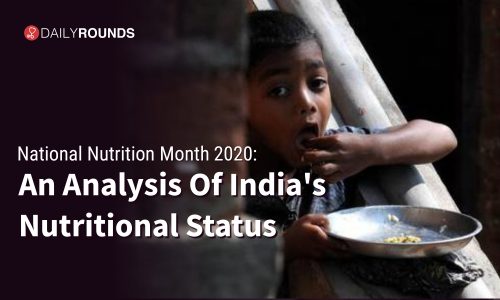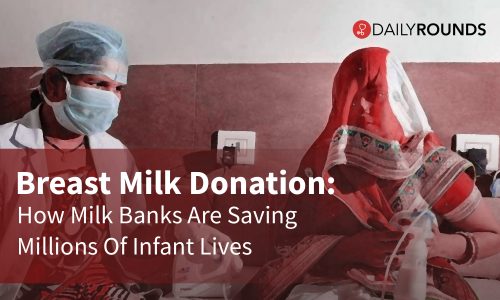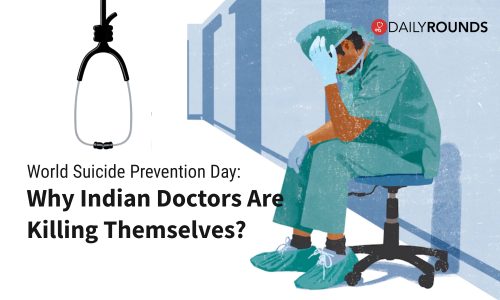
Suicide among doctors is a complex, multi-factorial issue that has been plaguing the nation for several decades. However, the arrival of the pandemic and its adverse effects on one’s mental health has rubbed salt into the wound. Studies from across the globe indicate that suicide rates are higher among doctors than in the general population.
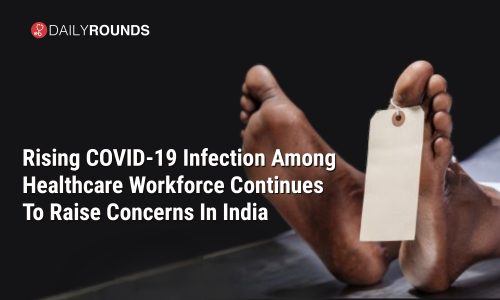
As the fight against the spread of the coronavirus enters a critical phase, a large number of doctors, nurses, members of ward staff, and other healthcare workers across the country continues to be on the receiving end of the deadly pandemic. The claws of the pandemic seem to be following the healthcare workers irrespective of their roles.
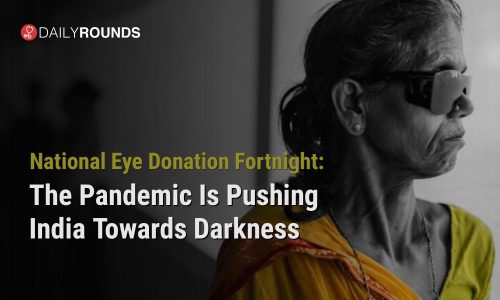
The National Eye Donation Fortnight is observed every year from 25th August to 8th September under the National Programme for Control of Blindness & Visual Impairment. It is a campaign that aims to create mass public awareness about the importance of eye donation and to motivate people to pledge their eyes for donation after death.
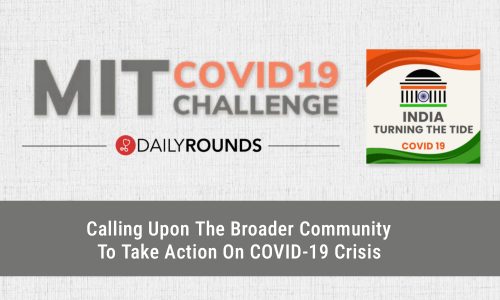
The Massachusetts Institute of Technology will host India Turning the Tide Challenge, the third in a series of MIT-led hackathons designed to create solutions to address those critical needs during the ongoing COVID-19 crisis. DailyRounds is a proud partner for the MIT COVID-19 Challenge, a series of virtual hackathons aimed at empowering YOU to take action on the COVID-19 crisis.
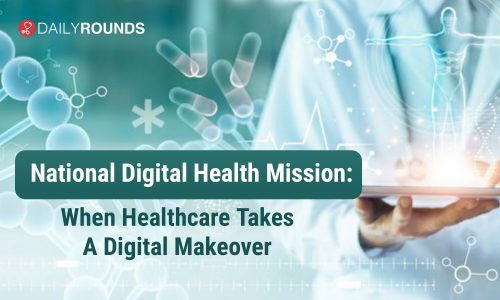
On the occasion of the 74th anniversary of India’s Independence, Prime Minister Narendra Modi announced the launch of the National Digital Health Mission (NDHM), a flagship programme that would provide a new landscape for the entire healthcare system in the country. In his address from the ramparts of Red Fort, the Prime Minister said that the mission will herald a new revolution in the health sector. Let’s have a look at the mission in detail as the healthcare sector in the country is all set for a digital makeover.
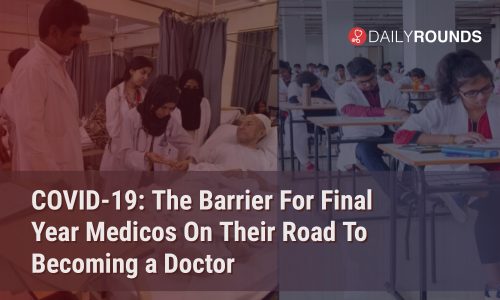
With the unprecedented pandemic disrupting the entire education system, a cloud of uncertainty is hanging over the future of final year MBBS students. The final year, well known to be the hardest year amongst all the four and a half years of MBBS journey has turned more tougher for the students this year.
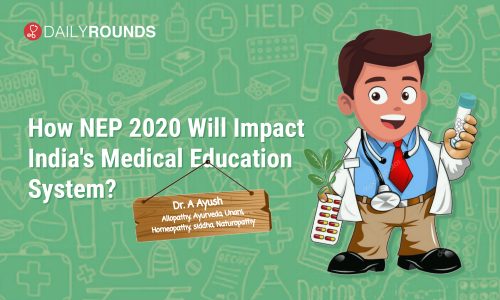
The NEP 2020 comes with a set of proposals to reform the healthcare education setup in India. The policy is meant to provide an overarching vision and comprehensive framework for the education system across the country. Let’s have a look at how the policy will determine the future of the medical education system in the country!

Personal Protective Equipment (PPE) is the first and most crucial line of defence for the frontline healthcare professionals battling the highly contagious coronavirus. PPE is indeed the armour that protects these healthcare warriors as they create an uncontaminated interior considerably limiting the risk of infection. But the protection actually comes at a cost. It’s no easy task to work for at least 6-8 hours by wearing the PPE suits. Wearing PPE for long periods of time can have physiological burdens on the healthcare workers. It includes rashes, headaches, breathing difficulty, hypoxia, and much more.
